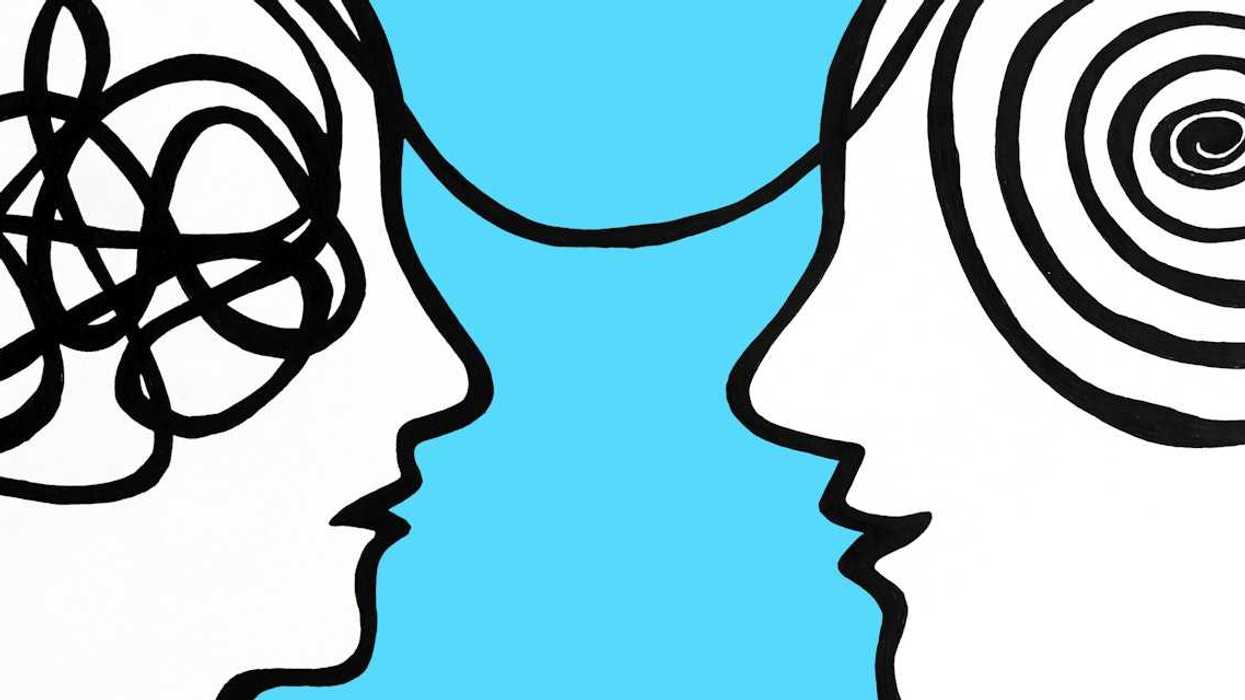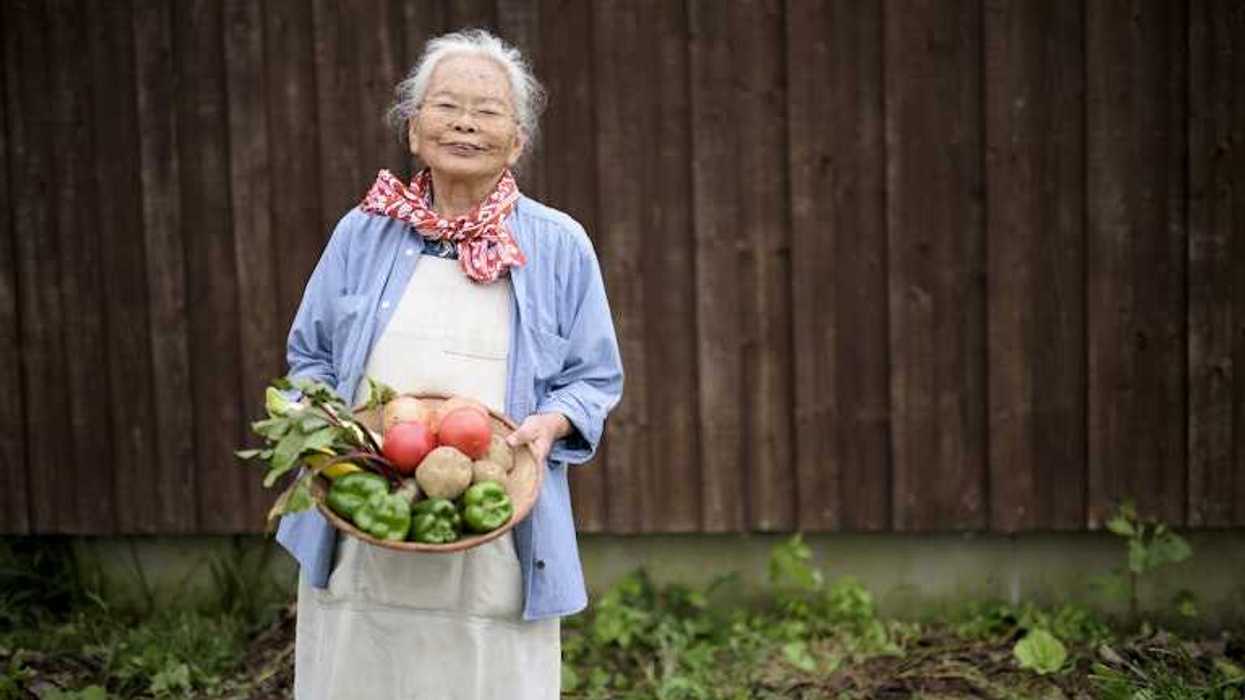When 4-year-old David Keniston arrived in America in 1991, he didn’t even know how to eat a pizza. Before then, the only American food he had tried was McDonald's French fries. His first pizza slice? He held it upside down. But it wasn’t just the pizza—David’s whole life had been turned upside down. He had just been adopted from Pakkred Babies’ Home in Bangkok, Thailand, where he had spent his first four years after being abandoned at birth. Unbeknownst to him, his biological brother was also in the same orphanage. The babies' home informed the adopting couple that they had to take both brothers or neither. Their decision to adopt both has left people across the internet in tears, Newsweek reported.

Now a 37-year-old man, David was born on April 7, 1987. He told Newsweek that he doesn't remember anything about living in the babies' home, and all the details of the first four years of his life have come from family stories, photos, and VHS tapes from his mom, grandma, and aunt. The American couple, now his parents, applied for his adoption in 1988 after finding that India's adoption programs were closed.

In February 1991, David’s adoptive mother, grandmother, and Aunt Bobbi flew to Thailand to pick them up and take them home in Portland, Oregon. In a Reddit post made in the r/MadeMeSmile group, David (u/kenistod) shared a picture of himself with his granny and aunt, onboard the flight to Oregon. Another picture displays him and his brother as young children, laughing joyously. David recalled that, if they hadn’t adopted them, he and his brother would have gone to a family in Colorado.
Me flying to America after being adopted on February 14, 1991. I lived in an orphanage for 4 years in Thailand. I later found out I had a biological brother living there. My parents chose to adopt him as well.
byu/kenistod inMadeMeSmile
When a Redditor asked him whether he was afraid of traveling with strangers, he replied, he was “not scared at all.” He, in fact, loved every new thing. The only thing he was afraid of was ladybugs. Another person, who too was adopted as a child, said they often experienced attachment issues and asked if David felt the same. David said, “I've had attachment issues my whole life,” adding that he would check out the book “The Primal Wound,” which deals with the conflicting emotional journey of adopted children.

Now a “designer, photographer & explorer,” David said in a comment that his parents were probably refugees from a country like Myanmar or Burma at the time of his birth. He even had a DNA test that revealed his ancestry to be a blend of “Indonesian, Khmer, Myanmar, Thai, Chinese Dai, Vietnamese and Bengali from Northeast India.” Whoever they might be, it was his current parents with whom he lived the best and the most special moments of his life. People are saying that they’re one of the most wonderful parents out there. The story of these two brothers has filled people’s hearts to the brim with profound emotion, the emotion of love.



















 Regular exercise and a balanced diet are cornerstones to aging well.
Regular exercise and a balanced diet are cornerstones to aging well.


 Oral Wegovy pills were approved by the Food and Drug Administration in December 2025 and became available for purchase in the U.S. in January 2026.
Oral Wegovy pills were approved by the Food and Drug Administration in December 2025 and became available for purchase in the U.S. in January 2026. Despite the effectiveness of GLP-1 drugs for weight loss, there is still no replacement for healthy lifestyle patterns, including regular exercise.
Despite the effectiveness of GLP-1 drugs for weight loss, there is still no replacement for healthy lifestyle patterns, including regular exercise.


 What foods would you pick without diet culture telling you what to do?
What foods would you pick without diet culture telling you what to do?  Flexibility can help you adapt to – and enjoy – different food situations.
Flexibility can help you adapt to – and enjoy – different food situations.
 Anxious young woman in the rain.Photo credit
Anxious young woman in the rain.Photo credit  Woman takes notes.Photo credit
Woman takes notes.Photo credit